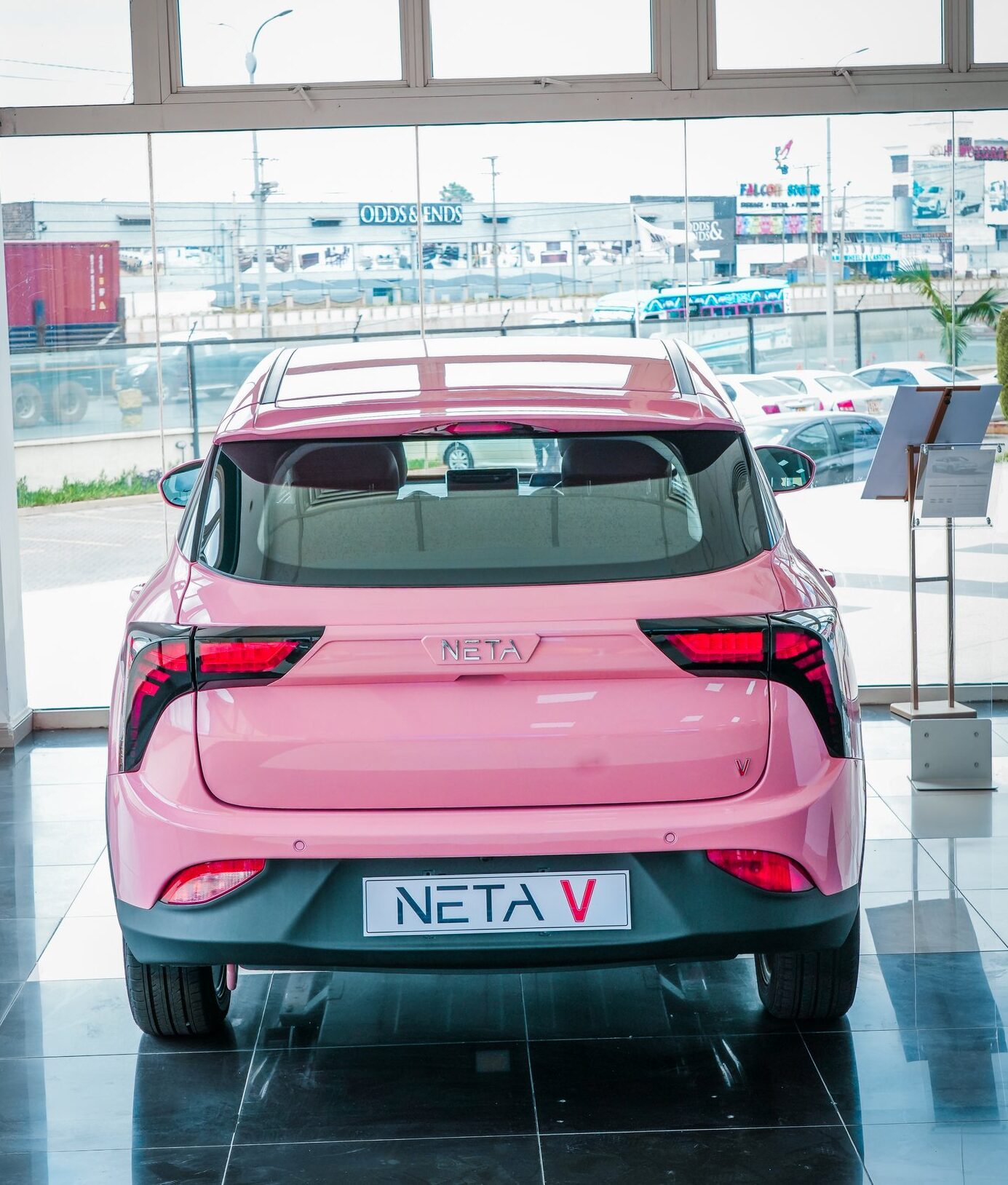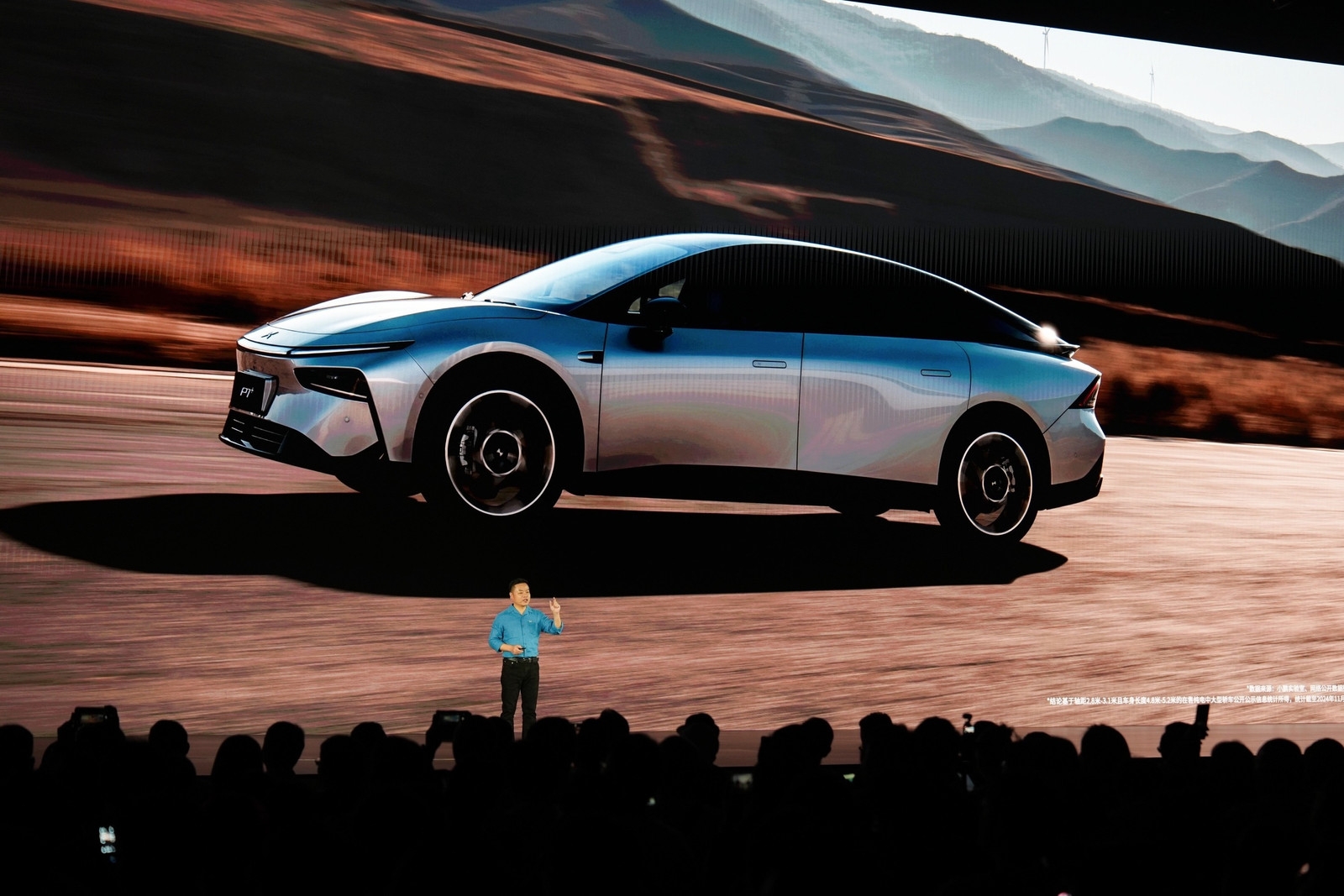Sign up for daily news updates from CleanTechnica on email. Or follow us on Google News!
Series of DOE Resources and Assistance Programs Showcase How Rising Electricity Demand from Data Centers, Electric Vehicles and a Manufacturing Boom Spurred by the Investing in America Agenda Can be Met with Clean, Reliable, Affordable Power
WASHINGTON, D.C. — Electricity demand is projected to grow significantly in the next decade, buoyed by the success of the Biden-Harris Administration’s domestic manufacturing boom, expanded electrification and energy efficiency tools, as well as the rise in artificial intelligence (AI) applications and data centers. A growing power grid is a positive sign of a growing economy, and the U.S. Department of Energy (DOE) has anticipated and planned for increasing electricity demand as part of its overall net-zero emissions strategy. Today, DOE released a resource hub outlining the suite of tools available to support public and private stakeholders, including utilities and data center owners and operators, in meeting growing demand while maintaining system reliability, affordability, and security. Visit the resource hub here: energy.gov/electricitydemand.
“A nation powered by clean energy is a goal being brought into reality by the Biden-Harris Administration as the country achieves a manufacturing boom not seen in decades and expands new industries, like data centers and AI,” said U.S. Secretary of Energy Jennifer M. Granholm. “Today we are generating record amounts of carbon-free power – with more projected as the Investing in America agenda comes into full swing. DOE is uniquely positioned to help industry partners win this moment with clean energy while ensuring a ensure an affordable and reliable power grid for all consumers.”
Recognizing the need for clean energy for increasingly critical AI infrastructure, the Secretary of Energy Advisory Board has released their Powering AI and Data Center Infrastructure report, which provides 16 recommendations for how DOE can help support growing power demand, reliably and affordably. The report considers power dynamics for AI model training, operational flexibility for data center and utility operators, and promising generation and storage technologies to meet load growth.
DOE is actively engaging on these recommendations and regularly conducts research and analysis on these topics, including deep public and private stakeholder engagement. Resources and announcements on the Electricity Demand Growth Hub include:
- Request for Qualifications (RFQ) for Clean Energy Development at DOE’s Savannah River Site as part of DOE’s Cleanup to Clean Energy initiative. This RFQ seeks proposals for projects capable of generating 200 megawatts (MW) or more of carbon pollution-free electricity, and is open to proposals including collocated loads, such as data centers.
- Clean Energy Resources to Meet Data Center Electricity Demand provides additional context about data center load growth during the clean energy transition and lays out the broad portfolio of energy technologies and enabling solutions available today to meet rising demand. This release includes a summary of the 30+ DOE resources and funding opportunities for utilities and data center operators, primarily providing technical assistance for state officials and other stakeholders, to manage demand growth.
- Pathways to Commercial Liftoff Topic Brief: How Clean Energy is the Solution to Rising Electricity Demand outlines the opportunity to unlock hundreds of gigawatts of system capacity by accelerating full commercialization for multiple clean energy technologies, advanced grid solutions, and virtual power plants (e.g., aggregated distributed energy resources) to help meet rising electricity demand.
- How AI Can Help Clean Energy Meet Growing Electricity Demand announces the first set of milestones achieved by DOE’s VoltAIc initiative, which is focused on building AI-powered tools for environmental permitting to help speed up energy deployments. The key milestones include gathering a comprehensive National Environmental Policy Act (NEPA) dataset, developing AI testbeds for federal environmental reviewers, and demonstrating the effectiveness of large language models to increase efficiency and transparency with the public comment process.
Through the Bipartisan Infrastructure Law and Inflation Reduction Act, DOE is equipped with more tools, funding and assistance programs, policies, and incentives than ever to meet this moment of rising electricity demand with clean, affordable energy. DOE will continue to engage with industry, public officials, and communities to capture the benefits of electricity demand growth while advancing an equitable power system.
Learn more about what the Department is doing to support load growth and the Department’s role in supporting a national AI capability.
Courtesy of Department of Energy
Have a tip for CleanTechnica? Want to advertise? Want to suggest a guest for our CleanTech Talk podcast? Contact us here.
Latest CleanTechnica.TV Videos
CleanTechnica uses affiliate links. See our policy here.
CleanTechnica’s Comment Policy





